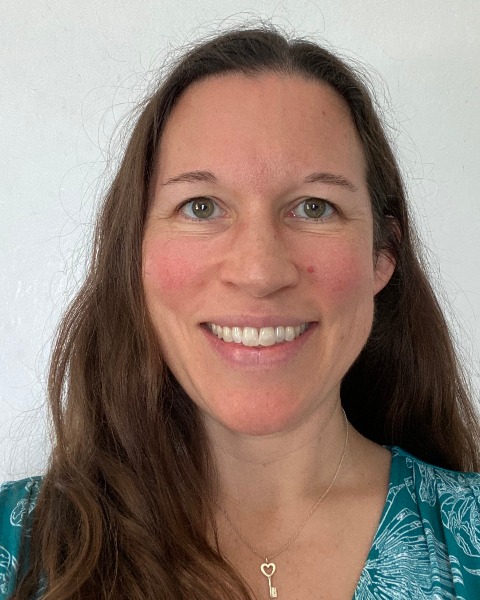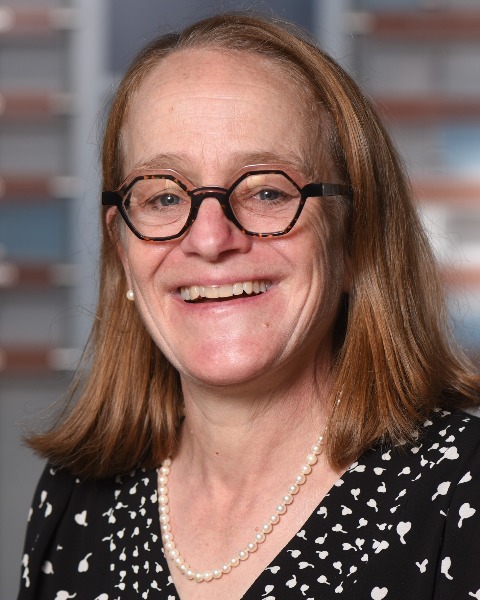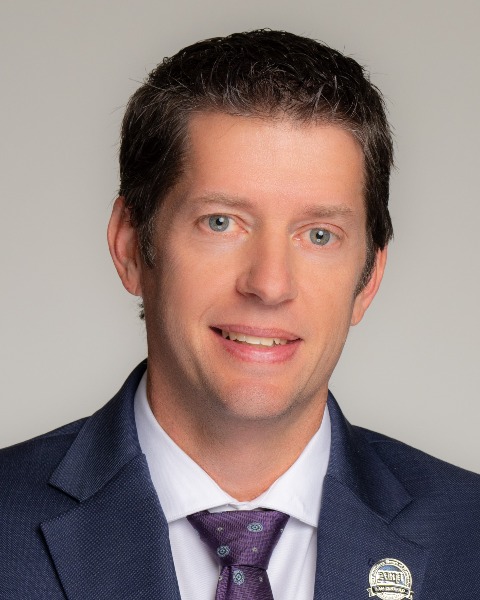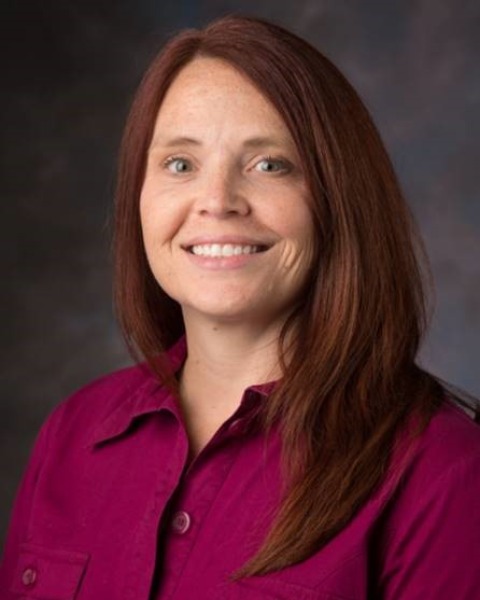Diversity, Equity, and Inclusion
General Pediatrics
Medical Education
Trainee
Beyond the EPA-verse: 2028 is Another Step Closer to the Future of CBME…Are You Ready?
-

Jennifer Di Rocco, DO, MEd (she/her/hers)
Associate Professor, Pediatric Hospitalist, Pediatric Residency Program Director
University of Hawaii, John A. Burns School of Medicine
Kailua, Hawaii, United States -
MO
Meghan O'Connor, MD (she/her/hers)
Associate Professor
University of Utah School of Medicine
Salt Lake City, Utah, United States -

Ann Burke, MD, MBA (she/her/hers)
Professor of Pediatrics
Pediatrics
Wright State University Boonshoft SOM/Dayton Children's Hospital - Dayton, OH
Dayton, Ohio, United States -

Rashaan Ford, MD
Assistant Professor
University of Colorado, Colorado, United States -

David Turner, MD (he/him/his)
Vice President, Competency-Based Medical Education
American Board of Pediatrics
Chapel Hill, North Carolina, United States -

Suzanne Reed, MD, MAEd (she/her/hers)
Associate Professor
Nationwide Children's Hospital
COLUMBUS, Ohio, United States
Leader(s)
Co-Leader(s)
Workshop Description: The Pediatric Entrustable Professional Activities (EPAs) were developed over a decade ago to define the essential activities of pediatricians and pediatric subspecialists and provide a framework to support competency-based medical education (CBME). EPAs span the continuum of pediatric medical education, focusing on the needs of our patients while providing a more equitable approach to providing education and supporting individual trainees as they work towards autonomous practice. Developing a shared mental model of the EPAs and understanding how they can be incorporated across the education continuum to support CBME and better prepare our trainees to meet the needs of our pediatric patients is of the utmost importance.
This engaging workshop will provide an overview of CBME and EPAs, as well as present specific examples of EPA implementation at institutions across the country. Given by experienced GME faculty and a leader from the American Board of Pediatrics, this session will provide an opportunity for educators to collaboratively learn how EPAs can be integrated into pediatric training and continued education for practicing pediatricians and pediatric subspecialists as a component of CBME. Lessons learned and tips for operationalizing the use of EPAs in innovative curricular design, engaging trainees and faculty, and creating a program of assessment that promotes learning, provides meaningful formative feedback, and promotes a more equitable educational experience for all trainees will be shared. Participants will have the opportunity to discuss strategies for implementation, brainstorming approaches to address barriers and planning their next steps for integrating EPAs in their own program/practice.
Learning Objectives:
- Develop a shared understanding of Entrustable Professional Activities (EPAs) and how they can be integrated into pediatric medical education to support CBME.
- Describe how EPAs can be incorporated across the continuum of pediatric medical education to promote individual learner development and provide a more equitable system for pediatric trainees.
- List strategies for implementing EPAs into curriculum design and assessment systems to maximize readiness for EPAs becoming part of certification decision-making by the American Board of Pediatrics in 2028.

